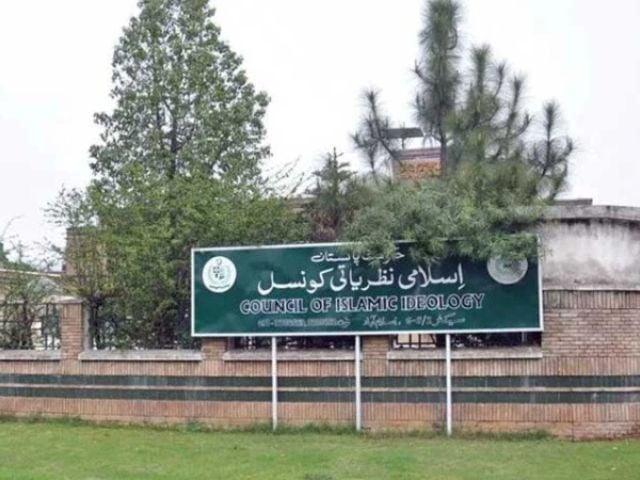The Council of Islamic Ideology (CII) ruled that granting it to a first wife the right to cancel her marriage if her husband is remarried without her consent is against Islamic principles.
The decision, announced following a meeting on Wednesday, rejects the legal provision which allows a woman to dissolve her marriage for these reasons, reported Express News.
The Council said that such a right is not supported by Islamic law, strengthening its position on the traditional interpretations of polygamous unions.
The advice also discussed the inclusion of medical tests for thalassemia and other infectious diseases in marriage contracts.
He concluded that if these tests can be part of the optional contract, they cannot be made a religious marriage requirement. The decision reflects an effort to balance public health problems with personal freedoms under Islamic law.
During its last meeting, the CII also addressed linguistic and ethical questions, declaring that Islamic terms such as Salah (prayer), Ayah (verse) and Masjid (mosque) should not be translated into English. The Council considers that the preservation of original Arabic words maintains their religious meaning and prevents any erroneous interpretation of their meaning.
The scholars and religious leaders have been invited to play a more active role in the discouragement of the flight of electricity, which the Council described both as an economic crime and an ethical violation.
The CII also discussed the government’s contributing retirement regime, approving its implementation for newly recruited employees but insisting that existing employees should not be forced to the system.
In addition, the Council stressed that the regime must be free from financial -based financial elements (RIBA) to align with Islamic financial principles.
A discussion on the creation of breast milk banks has been postponed, the Council indicating that new religious and ethical consultations were necessary before rendering a decision.
The here, which advises to align national laws with Islamic lessons, has no legislative authority but considerably influences legal and religious discourse in Pakistan.




